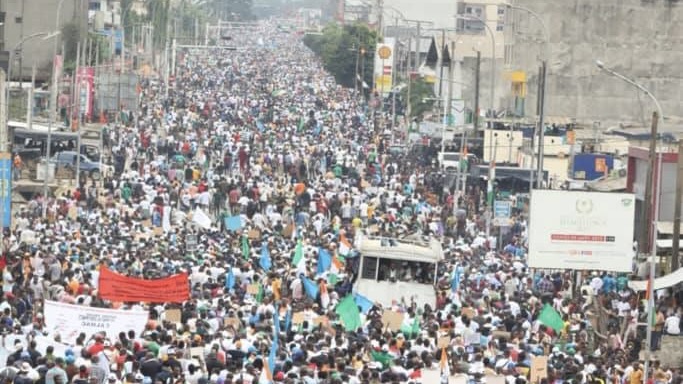France Is A State Sponsor Of Terror, AES Countries Declare
“Terrorism is being used” by imperialist forces “to pillage African resources,” said Burkina Faso’s Prime Minister Rimtalba Ouédraogo in his address at the 80th UN General Assembly (UNGA). “A case in point is France,” whose troops Burkina Faso expelled in early 2023.
Mali, which had also expelled French troops the year before, had sought a meeting of the UN Security Council in 2022, “so that my country could provide irrefutable proof of France’s support for terrorist activities,” recalled its Prime Minister Abdoulaye Maïga in his address. “So far, this request has not been followed up on,” while France continues its “sabotage”.















